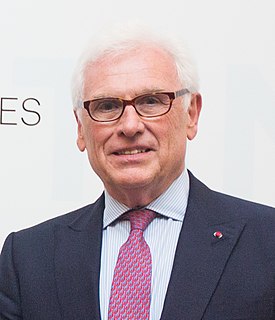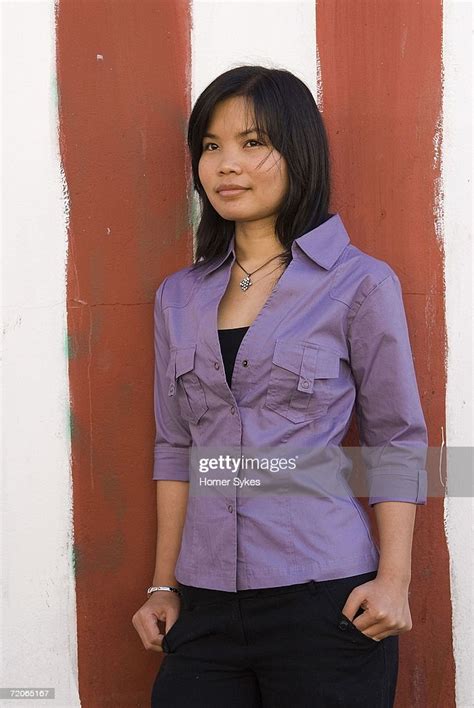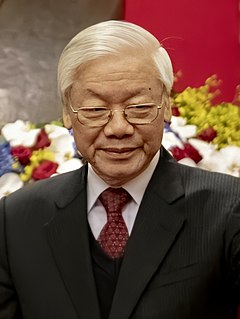A Quote by Ben Rhodes
In both Burma and Laos, we have engaged countries that were once adversaries, and will continue to do so in ways that promote good relations, development, and human rights.
Related Quotes
I have had extremely good relations with the United States and with both parties (Republicans and Democrats), and I hope to continue to have these good relations, which I, again repeating, do not consider to be mutually exclusive with having good relations with Venezuela or Ecuador or whichever country in South America.
Human rights education is much more than a lesson in schools or a theme for a day; it is a process to equip people with the tools they need to live lives of security and dignity. On this International Human Rights Day, let us continue to work together to develop and nurture in future generations a culture of human rights, to promote freedom, security and peace in all nations.
Burma is located between China, India, and South East Asia. So it is quite natural that a country wanting diplomatic relations with our country would pay attention to who our regional neighbors are. It is not at all fair to ask a country to build relations with Burma but not take into account the situation in China. There is no way to think that taking the Chinese situation into consideration shows a disregard for Burma.
We don't have to kind of be in cycles of conflict if we can find other ways to resolve these issues. We can do things that challenge the conventional thinking that, you know, 'AIPAC doesn't like this,' or 'the Israeli government doesn't like this,' or 'the Gulf countries don't like it.' It's the possibility of improved relations with adversaries.
We must understand the role of human rights as empowering of individuals and communities. By protecting these rights, we can help prevent the many conflicts based on poverty, discrimination and exclusion (social, economic and political) that continue to plague humanity and destroy decades of development efforts. The vicious circle of human rights violations that lead to conflicts-which in turn lead to more violations-must be broken. I believe we can break it only by ensuring respect for all human rights.
In fact, it is the dictatorship's policy that isolates the people of Burma while it reaches out to different countries every year and opens new embassies around the world. It is the dictatorship's policy that kills civilians and makes people poor. As long as the dictatorship is in power, foreign trade and investment in Burma will not benefit people. Instead, it will end up fueling the oppression in Burma.
In the midst of the East Asian crisis, there were choices. One choice would have been to encourage countries to implement a bankruptcy law that could have threatened the interests of the lenders. Workers' rights should be a central focus of development. But nowhere did issues of workers' rights, including the right to participate in the decisions which would affect their lives in so many ways, get raised.



































